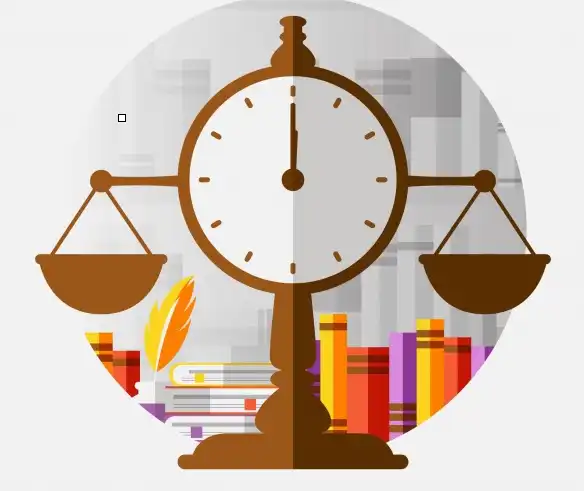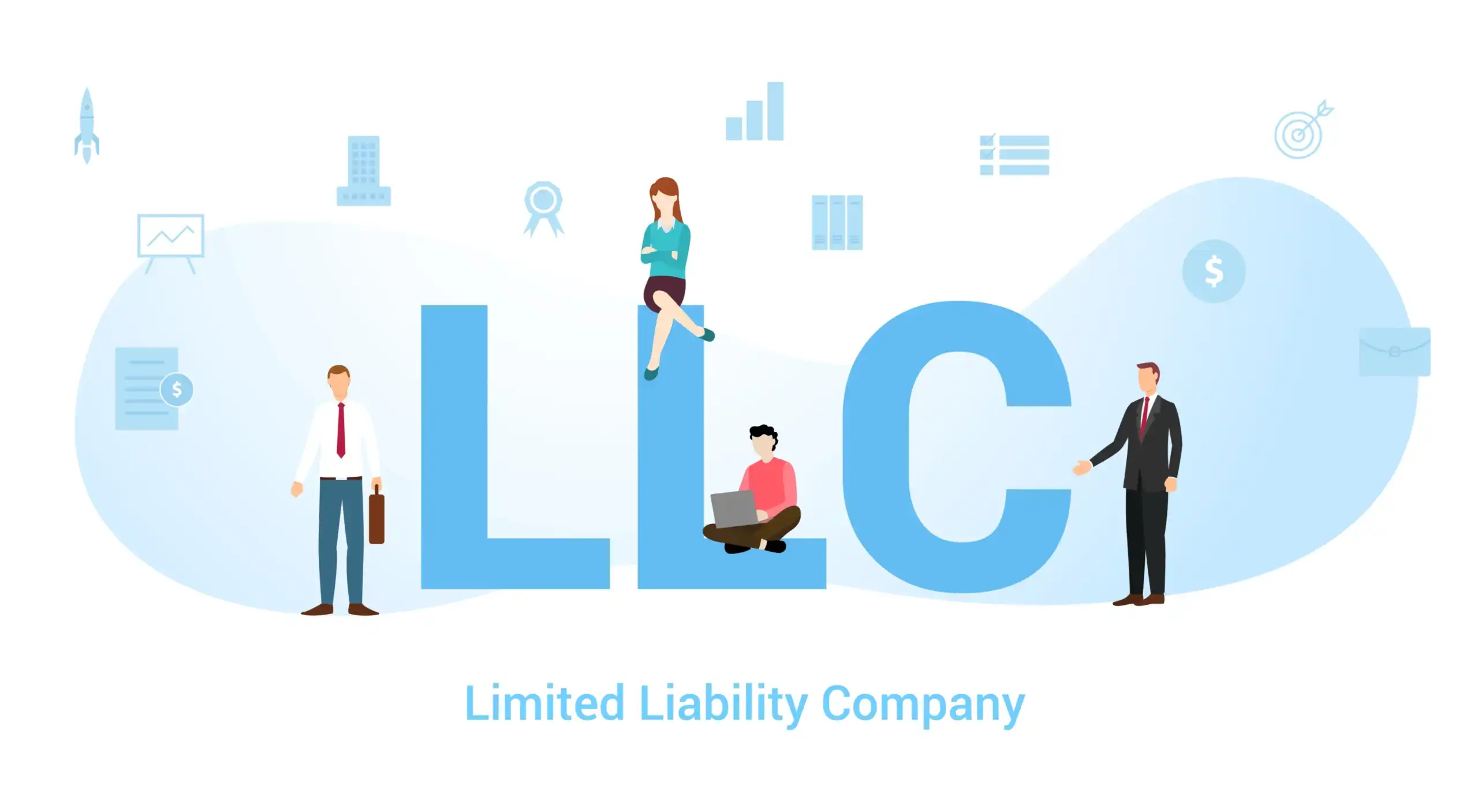Opening a small business seems to be an exciting idea, but it also comes with the risk. Be it law suits and debts or employee, product liability claims, business owners are always under a constant risk of financial catastrophes. This is the reason it is one of the most genius things to do in the beginning to form a Limited Liability Company (LLC).
LLC is a legal formation and, at the same time, an important asset protection tool that allows you to differentiate between your personal and business assets. But this defence is as much as your knowledge and application. Here in this article we shall talk about what is an LLC, how it is going to protect your personal assets and what you should do to make your LLC protection hold water.
What Is an LLC and How It Works?
Limited Liability Company (LLC) is a legal structure of business which consists of limited liability of a corporation and operational benefits of a sole proprietorship or partnership with tax benefits.
Through an LLC, you develop a legally independent business and this means that your business funds and responsibilities do not mix with your own. In case of a suit against the business or the inability of the business to cover its debts, then the assets of the LLC will be attached, but it is likely that personal assets, including your home, your car, and your personal bank accounts will be protected.
This is the limited liability cover that has made many businessmen to prefer to incorporate their business as LLCs. However, it is necessary to understand that this protection is not flawless, and there are several instances when personal liability can find its way in.
The LLC Liability Protection Limits
In spite of the fact that LLCs offer great protection in the legal arena, owners must be careful of the exceptions that would render personal assets prone to attacks:
- Personal Guarantees: A personal guarantee occurs when you co-sign or guarantee a lease, loan, or other obligation in your own name, you are personally liable in the event of default by LLC.
- Payroll Tax Liability: The IRS has the ability to hold you personally responsible to payroll tax left unpaid by employees.
- Alter Ego Theory: If you fail to treat your LLC as a separate entity (by mixing up business and personal funds, for example), the courts can step in and hold you personally liable, so called piercing the corporate veil.
- Personal Wrongdoing: You can at all times be sued on your own careless or illegal actions, regardless of whether they were performed when you were representing the LLC.
Nevertheless, LLC remains among the most effective ways of safeguarding your personal finances as long as you take the right steps to build and maintain such protection.
The Securing of Your Personal Assets which an LLC Offers
This is the way how the formation of LLC may rescue your personal wealth:
Assets protection by individuals
The LLC is a legal protection that bars your personal life and business operations. Assets of the business, i.e. equipment, inventory or the money in its bank account can be taken in case the LLC is sued or in case it cannot pay a debt. But your individual assets are normally secure, unless you are the personal guarantor of a loan, or you have behaved in some wrong way.
Creditor and Debt Protection
Being a sole proprietor or a general partner, you have no LLC, and you are personally liable to any business debts. The lenders may take your home, savings and other personal possessions. In the case of LLC, only the assets of the company are put in jeopardy and this is a beneficial safeguard against creditors and debt collectors.
Lawsuit Protection
There are many legal risks that businesses have to face including breach of contracts, accidents, customer disputes and so forth. Your personal assets can also be shielded against being used to pay judgments made in these suits (again, unless you were the one who was at fault) by an LLC.
Bankruptcy Buffer
Should your business turn bankrupt and you are not operating an LLC, you may be subjected to paying the debts out of your own pocket. But when it comes to LLC, only the business assets are impacted by the bankruptcy but not personal ones.
Employee and Product Liability claims
Whether it is a claim of salary or a product that has caused you an injury, an LLC will not include you in the business liability. The business covers most of the cases and not you as an individual as far as legal payouts are concerned.
The Top Methods to Increase the Liability Protection of Your LLC
Formation of an LLC is just the beginning. To make sure that the protection is valid in the court and in practice, you must comply with few key rules:
Business and Personal Finances Separation
One of the biggest errors that the owners of LLC make is separation of personal and business funds. This causes the LLC structure to be weak and it even gives a court an opportunity to think of you and your business as the same.
To avoid this, it is necessary to:
- Open a commercial bank account
- Obtain credit cards that are strictly business related
- Sign contracts and checks with the name of your LLC only
- Keep clear elaborate financial records and documents
Such isolation helps prove that your LLC is an independent, well-run entity, and it may protect your personal property against a legal challenge.
Personal Guarantees that should be avoided at all costs
Banks and landlords may ask you to personally secure loans or leases especially when you are starting out. Should you agree to it, you will be responsible in the event that your company does not pay.
Will you have to provide a personal guarantee:
- Do not forget to cover the limitation of liability terms of the contract
- Build a credit in the name of your LLC as time passes by and you will manage to evade guarantees in future.
- It should not involve mortgaging of personal resources like house or savings and only as a last resort
- The less you as an individual risk the more you can have your LLC to stand on its own credit and financial merits.
Keep abreast with Good Insurance Coverage
The LLC protection does not cover personal negligence and professional mistakes. Due to that, business liability insurance is needed. It can protect you and your company against:
- Tort matters Personal injury litigation
- Property damage
- Errors and omissions (especially, those related to the service industries)
The following are some of the helpful kinds of insurance:
- General Liability Insurance
- Errors and Omissions Professional Liability Insurance
- Commercial Auto Insurance
- Cybersecurity Insurance
It is possible to find the holes where LLC protection stops by creating a good policy.
The Unnecessary Cash should not be Left in the Company
Any money that is left in the LLC can be used to pay judgments or debts. The best way to reduce this risk is to avoid having too much money in the business that can be used to pay the daily expenses and withdrawing profits to yourself and the other owners.
Caution: The business should not be undercapitalized to the shell degree. The courts can interpret this as a case of attempting to defraud the creditors and the LLC veil can be pierced. Moreover, you should not pull out money out of the company when you are already in a debt to a person- it can be regarded as a fraudulent transfer.
Other Asset Protection Tools to Pay Attention to
If you are more concerned about the personal asset protection, you may want to employ the other asset protection mechanisms besides the formation of the LLC:
Trusts
In some states one can put personal assets into some types of irrevocable trusts that protect the assets against creditor attack, but that will have to be done years and years before there is a lawsuit or a debt.
Homestead Exemptions and retirement account
Home you reside in and money you possess in qualified retirement plans (401(k) or IRAs etc.) may be already exempted according to the state or federal exemption. To understand how well your assets have been sheltered in your state, talk with an estate planning attorney.
The LLC Good Standing
LLC is not a set it and forget about it. This is so as to make sure that your protections are secured by making sure that you are adhering to state rules:
- Present annual reports
- Send state fees and pay franchise taxes
- Have a registered agent
- Have an operating agreement (it may not be needed)
When you fail to follow such steps, your LLC can lose its good standing status and in the process, you lose your liability protection.
When is the appropriate time to form an LLC?
In case you are just starting up in the business, then it is only prudent to incorporate your LLC before starting your operations or signing contracts. However, it is not too late to change, just in case you are already in the business.
You are highly recommended to think of establishing LLC in case:
- You have personal things to save (home, savings, car)
- You are a high risk business entity
- You use employees
- You sell products to the people
- You would want to expand or seek investors
Forming an LLC is usually fast, inexpensive and has immediate benefits in the states like Indiana and other business-friendly states.
Final Thoughts
There is no liability protection up to 100 percent, however, forming an LLC is the best weapon that any small business owner can employ to protect his/her personal property. Along with the wise measures of maintaining your business and personal accounts separate, the right insurance, not having your personal guarantee on anything, and staying within the law, an LLC will reduce your financial liability by an enormous amount.
You can always find a business lawyer or a legal service provider that you can trust in case you do not know how to proceed with it or you do not want to know whether LLC is adequate to your situation. There will be nothing wrong in getting your LLC right, as it will not only be a legal requirement, but it will also serve as a safety net, which will cover everything that you have worked and toiled to attain. The Finance Focus will assist you in the whole procedure of establishing your LLC and providing an excellent basis to your business.





